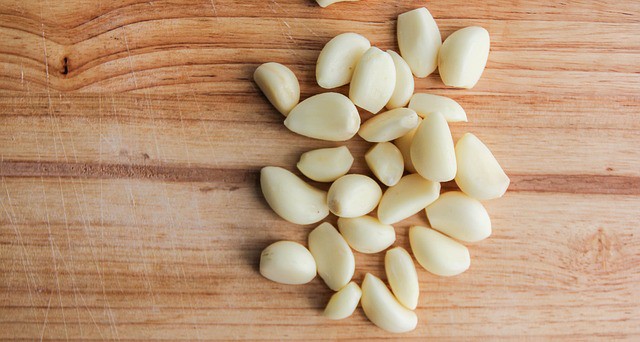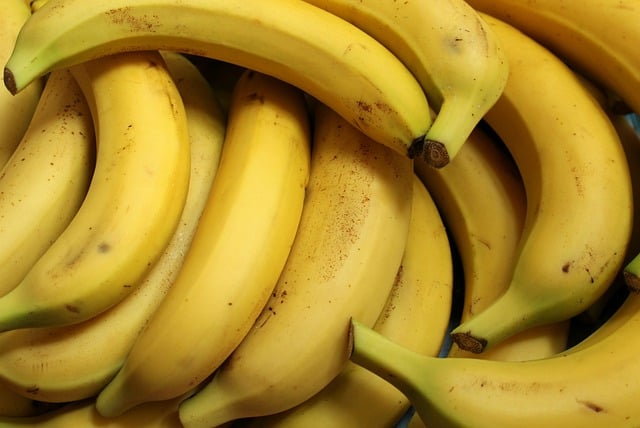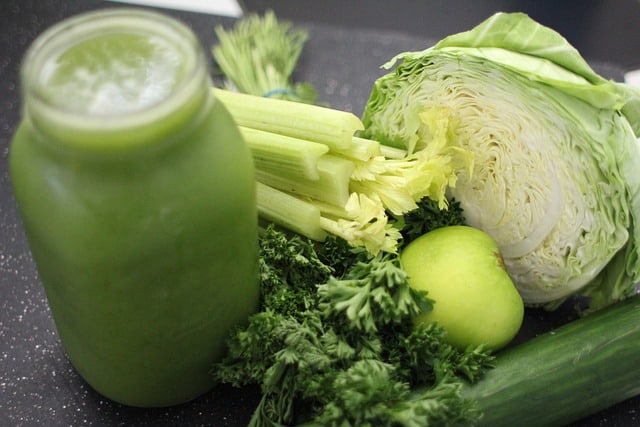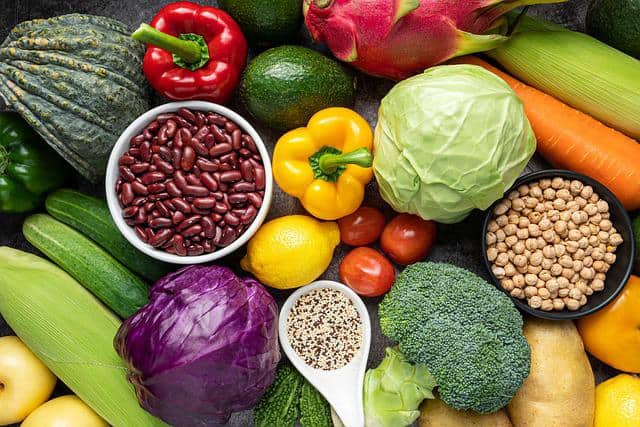Regulating blood pressure is paramount for a healthy heart and overall well-being. While medications are commonly prescribed, adopting a wholesome diet can serve as a powerful ally in managing blood pressure levels naturally. In this article, we delve into dietary strategies and food choices that promote optimal blood pressure regulation.

Embrace a Plant-Powered Plate
Plant-based foods, including fruits, vegetables, whole grains, nuts, and seeds, are rich in nutrients like potassium, magnesium, and fiber, which are vital for maintaining healthy blood pressure levels. Aim to fill your plate with a colorful array of plant foods to reap their benefits.
Slash Sodium, Boost Potassium
Reducing sodium intake while increasing potassium consumption is a winning combination for blood pressure management. Minimize your reliance on processed and packaged foods, which are often laden with sodium, and instead opt for fresh, whole foods like leafy greens, bananas, sweet potatoes, and beans to up your potassium intake.

Prioritize Healthy Fats
Incorporating sources of healthy fats, such as avocados, nuts, seeds, and fatty fish like salmon, into your diet can help support cardiovascular health and regulate blood pressure. These fats offer a host of benefits, including reducing inflammation and improving cholesterol levels.
Opt for Lean Proteins
Choose lean protein sources like poultry, fish, tofu, and legumes over processed meats and fatty cuts of meat. Lean proteins provide essential nutrients without the saturated fats that can contribute to hypertension and heart disease.

Mind Your Portions
Controlling portion sizes is key to preventing overeating and maintaining a healthy weight, both of which are crucial for blood pressure management. Use smaller plates, savor your meals slowly, and listen to your body’s hunger and fullness cues to avoid excess calorie consumption.
Moderate Alcohol and Caffeine
While moderate alcohol consumption may offer some cardiovascular benefits, excessive intake can elevate blood pressure. Similarly, caffeine can temporarily raise blood pressure levels. Enjoy alcohol and caffeinated beverages in moderation to minimize their impact on your blood pressure.
Hydrate Wisely
Ensuring adequate hydration is crucial for sustaining optimal blood pressure levels.. Aim to drink plenty of water throughout the day and limit sugary and caffeinated beverages, which can have adverse effects on blood pressure and hydration status.
Be Sugar-Smart
Excessive sugar intake has been linked to hypertension and other cardiovascular issues. Reduce your consumption of sugary snacks, desserts, and beverages, and opt for natural sweeteners like fruit or small amounts of honey or maple syrup when needed.
Conclusion
By prioritizing whole, nutrient-dense foods, managing sodium intake, and maintaining a healthy lifestyle, you can take significant steps towards regulating your blood pressure naturally. Remember to consult with a healthcare professional for personalized dietary advice and guidance tailored to your individual needs and health status.













